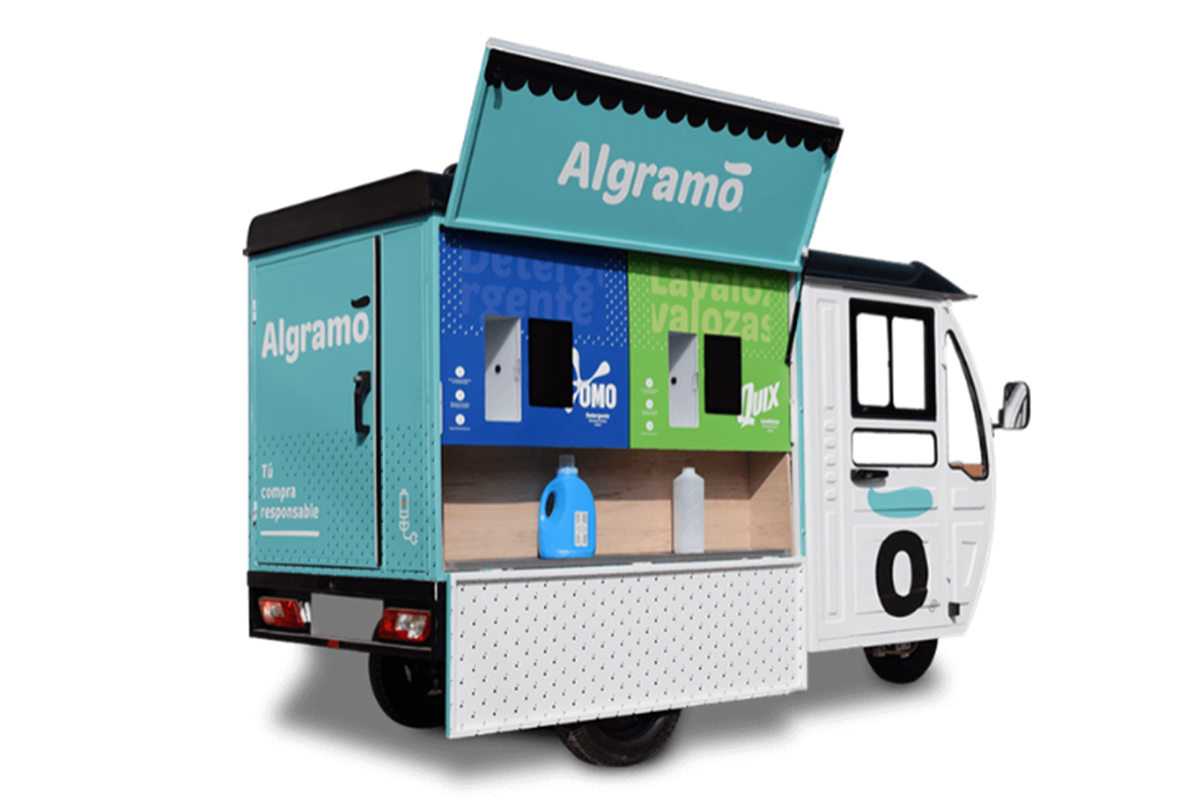Like many people, you have probably noticed that sustainability is now a topic one cannot avoid. Governments now seem well aware of the large-scale impact that the climate and environmental crisis is causing on their nations, and companies are setting more ambitious sustainability goals.

However, for a single person, it might be hard to connect to issues that appear distant and impersonal or to grasp the complexity of the topic. It might be hard to see the value of spending too much time on the topic at an individual level.
Actually, the benefits of educating ourselves on the ecological crisis and sustainability are numerous. Let’s see why it is actually very important to yourself, your community, and the world.
1. It is now an added value for most careers
“Sustainable clothes,” “carbon neutral products,” or even “climate positive business” — have you noticed the trend? It is now common for companies to claim that what they do is good for you and the planet. Is it true? Here is not the point.
The point is that today, virtually all business sectors understand the benefits of having a sustainable approach. Many businesses understand this because data — through studies and quarterly reports — repeatedly proves that a sustainable business model contributes to their overall success.
It means, for most companies, that sustainability is an important topic that relates to every aspect of their business. To reach their sustainability goals, businesses need people with proper knowledge in far more than just their sustainability department. Sadly, many companies are not yet at that point of transformation.
So, the more knowledgeable you are on ecological issues, the more value you can contribute to an organization. If you have an organization you dream of working for, it will look great on you and the entire organization to know more than the average person. In short, you are ready to become more successful in your career if you educate yourself on sustainability.
2. To understand the world around you
The principles and issues of the environment are the same no matter where youlive on the planet. We all have the same interconnection with the natural world.
To see real-world examples of this, look no further than advertising and the 24-hour news cycle; many decisions and discussions are increasingly related to sustainability. Weather forecasters report hotter temperatures, journalists write about trash in the oceans, and news stations send alerts about spreading wildfires. At the same time, brands continue to show their ecological awareness more visibly.
And let’s add that this is not a light topic. This is about the changing conditions for life on earth. Would it be wise to move on with our lives without understanding the ecological crisis and its potential impact on future generations?
It may seem a bit overwhelming, but it is crucial to understand the world better. In due time, you will be able to look at the problems with a new perspective and be able to answer questions like:
- Why are summers becoming hotter and hotter?
- Why are natural catastrophes occurring at a more frequent rate?
- Why are governments implementing policies such as banning single-use plastics or flights for a short distance?
- What are the consequences of a warming world on economics and politics?
3. To know the right actions to take
If you are concerned about the state of the natural world or start to ask questions, first ask yourself what you can do. Because yes, we should all do something about it, and mostly, taking actions for the greater good gives great meaning to our lives.
However, it’s important to realize that we can’t act on what we don’t know. The climate and ecological crises are complex issues with a lot of underlying causes and consequences. Some solutions can be counterintuitive, and many answers can seem obvious, but in reality, they turn out to be false positives. Developing a better understanding can help you discern between bogus and genuine solutions.
If you are willing to invest your time in educating yourself on the various aspects of sustainability, you will begin to look at the issues differently. This new awareness will inspire you. You will become more confident about how and where to take action — whether to spread awareness around you, deliver concrete solutions to reduce your impact in your life, or contribute to your company’s sustainability plans.
Once we know, another easy and immediate action we can take is with our friends and family. We can teach them that the natural environment is delicate and indispensable, and we can begin mending the problems that endanger it. In other words, educating yourself on the ecological crisis is the first action you need to take so you can start acting positively on the world.
4. To communicate properly about it
As we just mentioned, if you care about what you hear in the news, one of the first things you might want to do is make sure your family and friends see what you see. That is to say, they feel the same as you and share your worries.
But it may come as a nasty surprise to you when you realize that some of them… don’t really care. Even then, your friends and family may say they care but are not ready to do anything about it. It can create misunderstanding and even frustration. Of course, the best way to counter that is to know what you are talking about.
Indeed, if you don’t start by raising your level of understanding, what will you know to communicate to others on the topic? What if a situation catches you off-guard, where the issue of climate change comes up, and someone gives a false statement? It would be needed, especially in that situation, to know how to respond. So instead of getting frustrated at others, you can point out the facts and engage in rational rather than emotional discussions.
Getting more familiar with the topic will also teach you to create distance when necessary. It can also help you develop internal resilience to difficult conversations.
5. To make a positive impact in your own life
And that brings us to things you can do to improve your own life. These are results you can see right away and the best way to see the tangible benefits of educating yourself.
When you educate yourself on sustainability, you can learn things to live healthier and safer. This life comes from understanding the environmental hazards that unsustainable practices and models produce, such as pollution or other environmental hazards.
Being aware of ecological issues and their consequences can help you realize that a more sustainable way of living is better for the planet and has many positive effects on your own life. Surely, it would be naive to think that the damaged environment doesn’t negatively impact our physical or mental health.
Once aware of the environmental hazards that ecological damages cause, you can take back control of your life and see many benefits such as:
- Being healthier and improving the quality of your life.
- Detoxing your body and mind.
- Reconnecting with your community and your immediate environment.
- Saving money by maximizing energy or water efficiency.

And why doesn’t someone want to improve the quality of the air they breathe or the food they eat? When you truly see the benefits, you will understand that sustainability isn’t just a distant and trivial concept. It can positively impact all of us.




